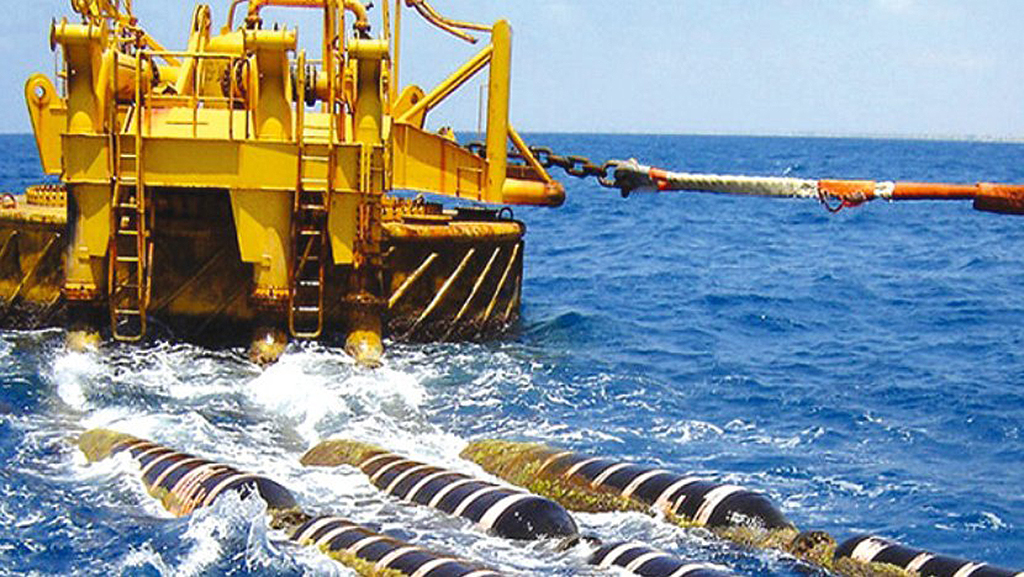The government is in talks with a number of stakeholders over the Great Sea Interconnector project, with a key aim of ensuring reduced electricity prices to the public, President Nikos Christodoulides said on Monday.
Sources close to the matter told the Cyprus News Agency that negotiations were underfoot throughout the day and over the weekend to find a solution for the financial viability of the Cyprus-Greece-Israel Great Sea Interconnector project.
The aim to is try and ensure the project remains viable amid efforts to inject finances into it without burdening consumers.
According to Christodoulides, talks are underway with the government of Greece, European Commission and European Investment Bank.
Nonetheless, he stressed the government’s main goal shaping its decision is ensuring the cost of electricity for consumers is reduced.
Should the responses from stakeholders be positive in that direction, then the government will plough ahead, Christodoulides said. If not, then the government will respond negatively.
It all hinges on the final cost of electricity, he said.
The president stressed the government will take any decisions “based on the real data, regardless of what is being said or the strong views being expressed from both sides”.
The government has sought clarifications on various financial aspects of the project. On some, they have received satisfactory answers, on others not yet.
Christodoulides acknowledged there is a geopolitical risk to the project, but added that Cyprus, Greece and the EU exercise their sovereign rights.
“There is no question of us casting doubt over our sovereign rights on our own, but yes, it [the geopolitical risk] is something we do take into consideration.”
He added the government’s energy planning has two goals. The first is to achieve a green transition, the other to reduce electricity prices which are higher in Cyprus compared to other EU states.
There are three means to achieve the latter. These are utilising renewable energy sources, natural gas and interconnections, Christodoulides said.
The interconnector project hit a roadblock after Cyprus’ energy regulatory authority (Cera) rejected the idea of imposing a €0.6 cents levy on consumers per kilowatt hour starting January 1, 2025.
The levy would allow Greece’s Independent Power Transmission Operator (Admie) which is implementing the project, to recover the €1.9 billion construction cost.
The energy regulator’s stance has prompted concerns that the European Commission may withdraw its €657 million grant for the electricity connection between Cyprus and Greece through the Great Sea Interconnector project.
Admie has since stressed that Cera’s decision makes the project unviable.
Rumours circulated last week that Finance Minister Makis Keravnos may quit over lingering concerns he has regarding the mooted Cyprus-Greece electricity interconnector.
Keravnos dismissed the reports, but added that the government is waiting on the European Investment Bank’s assessment.
The European Commission has provided assurances in writing that it would “use all the diplomatic means at its disposal” to protect the Great Sea Interconnector after reports revealed the project was being monitored by the Turkish navy.
Last week, the finance ministry said it is not in a position to evaluate the mooted Cyprus-Greece electricity interconnector project as several parameters remain unknown, while the cost-benefit analysis provided by the project promoter got leaked to the media a day after being shared with parliamentarians.
The analysis, provided by Admie, is said to conclude ‘socioeconomic benefits’ to Cyprus of anywhere from €7.2 billion to €8.2 billion over the next 25 years, if it links its electricity grid to the EU rather than remain isolated.






Click here to change your cookie preferences